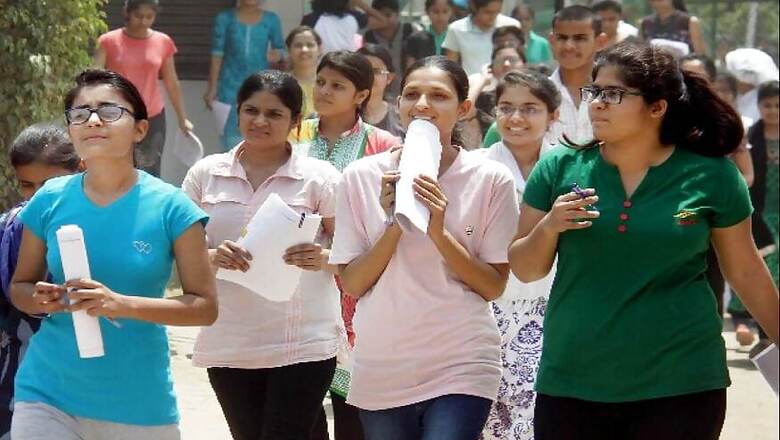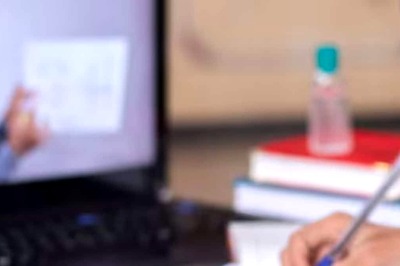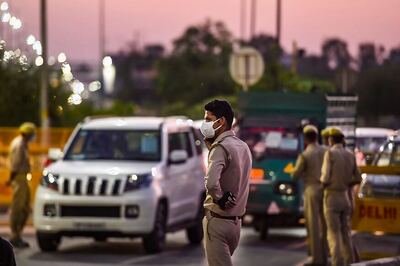
views
New Delhi: Putting an end to all speculations, the Supreme Court on Wednesday ruled that NEET shall remain the only uniform entrance test for medical admissions in the country.
It further held that minority institutions, deemed universities and all other private colleges must also abide with these regulations and that they cannot claim violation of their rights to admit students since NEET is in the larger national interest.
"The regulatory measures by prescribing NEET is to bring the education within the realm of charity which character it has lost. It intends to weed out evils from the system and various malpractices, which decayed the system. The regulatory measures in no way interfere with the rights to administer the institution by the religious or linguistic minorities," held a bench headed by Justice Arun Mishra.
The top court was adjudicating upon a clutch of challenges to various notifications and rules made in the Medical Council of India Act and Dentist Act in order to prescribe National Eligibility Entrance Test (NEET) as the all-India exam for admissions to graduate and post-graduate medical courses.
The chief contention of the petitioners was that NEET took away the right of the religious and linguistic minority institutions to administer their business, including the right to admit students from the minority community in terms of their own standards.
But the Supreme Court bench, which also included Justices Vineet Saran and MR Shah, did not find favour with this objection.
It emphasised that rights under Articles 19(1)(g) and 30 read with Articles 25, 26 and 29(1) of the Constitution for the minority institutions do not come in the way of securing transparency and recognition of merits in the matter of admissions.
"Uniform Entrance Test qualifies the test of proportionality and is reasonable. The same is intended to check several maladies which crept into medical education, to prevent capitation fee by admitting students which are lower in merit and to prevent exploitation, profiteering, and commercialisation of education," said the bench.
The apex court clarified that there cannot be any other examination for admitting students and that if minority institutions wish to impart education, they must also comply with regulations under the relevant statutes.
"The regulations are necessary, and they are not divisive or disintegrative. Such regulatory measures enable institutions to administer them efficiently. There is no right given to maladminister the education derogatory to the national interest," it asserted.
The bench regretted that by and large, at present education is devoid of its real character of charity and has become a commodity.
"To weed out evils from the system, which were eating away fairness in admission process, defeating merit and aspiration of the common incumbent with no means, the State has the right to frame regulatory regime for aided/ unaided minority/ private institutions as mandated by the Constitution," it said.
The top court held that posterity would not forgive it if it were to rule in favour of the old system where minority and private institutions were free to conduct their own tests for admitting students.
"Building the nation is the main aspect of education, which could not be ignored and overlooked. They have to cater to national interest first, then their interest, more so, when such conditions can be prescribed for recognition, particularly in the matter of professional education," it maintained.
Some of the institutions which had challenged the NEET were Christian Medial College Vellore Association, AP Pvt Medical and Dental College Association, Annamalai University, Manipal University, Karnataka Pvt Medical, Kerala Private Medical College Management Association, Educate Charitable Trust, Tamil Nadu Deemed University Association, Darus Salam Education Trust.
Tamil Nadu and Andhra Pradesh were also petitioners in the bunch or cases pending before the Supreme Court since 2012.


















Comments
0 comment